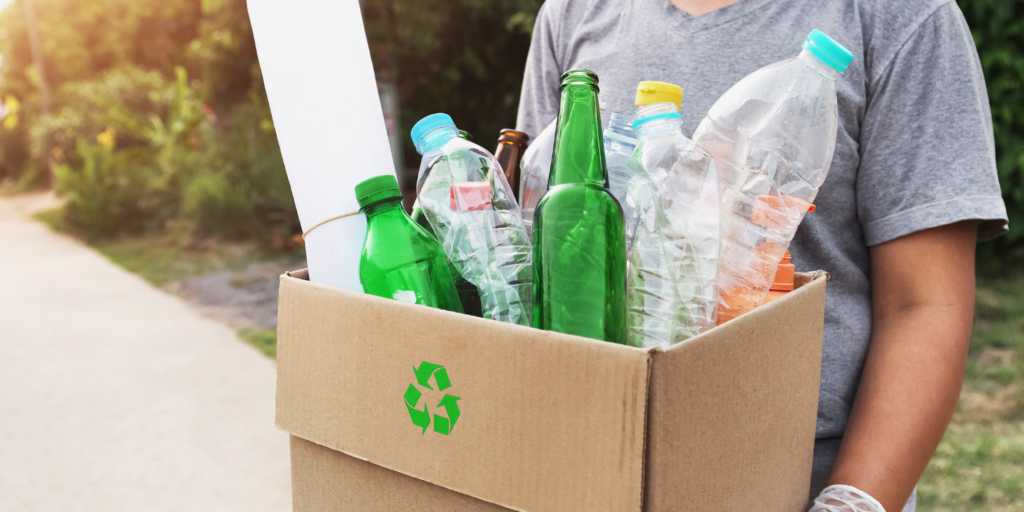Conservation of Resources:
Recycling helps conserve natural resources by reducing the need for extracting and processing raw materials. When we recycle materials such as paper, plastic, glass, and metal, we can reuse them in the manufacturing process instead of relying solely on virgin materials. By doing so, we reduce the demand for resource extraction, which often involves environmentally damaging practices such as mining or logging.
Energy Savings:
Recycling generally requires less energy than producing goods from raw materials. Manufacturing products from recycled materials often consumes less energy compared to the extraction, refining, and processing of virgin resources. The energy saved in recycling can contribute to the reduction of pollution associated with energy production, such as greenhouse gas emissions from power plants.
Reduced Landfill Waste:
Recycling helps divert materials from ending up in landfills. When waste accumulates in landfills, it can release harmful pollutants into the air, soil, and water. Decomposing organic waste in landfills produces methane, a potent greenhouse gas that contributes to climate change. By recycling, we reduce the amount of waste sent to landfills, thereby minimizing the pollution and greenhouse gas emissions associated with waste disposal.
Air and Water Pollution Reduction:
The production of goods from raw materials often involves the release of pollutants into the air and water. Recycling reduces the demand for new production, thereby reducing the pollution generated by industrial processes. For example, recycling paper reduces the need for logging trees, which helps preserve forests and prevents the release of pollutants associated with logging activities.
Reduced Litter:
Proper recycling practices discourage littering and promote responsible waste management. When materials are recycled, they are collected and processed in designated facilities, preventing them from being discarded as litter in the environment. Reducing litter not only improves the visual appeal of our surroundings but also helps prevent pollution in ecosystems, such as water bodies and natural habitats.
Overall, recycling helps minimize pollution by conserving resources, saving energy, reducing landfill waste, curbing air and water pollution from production processes, and preventing litter. It is an essential practice in promoting sustainability and mitigating the environmental impacts of human activities.

